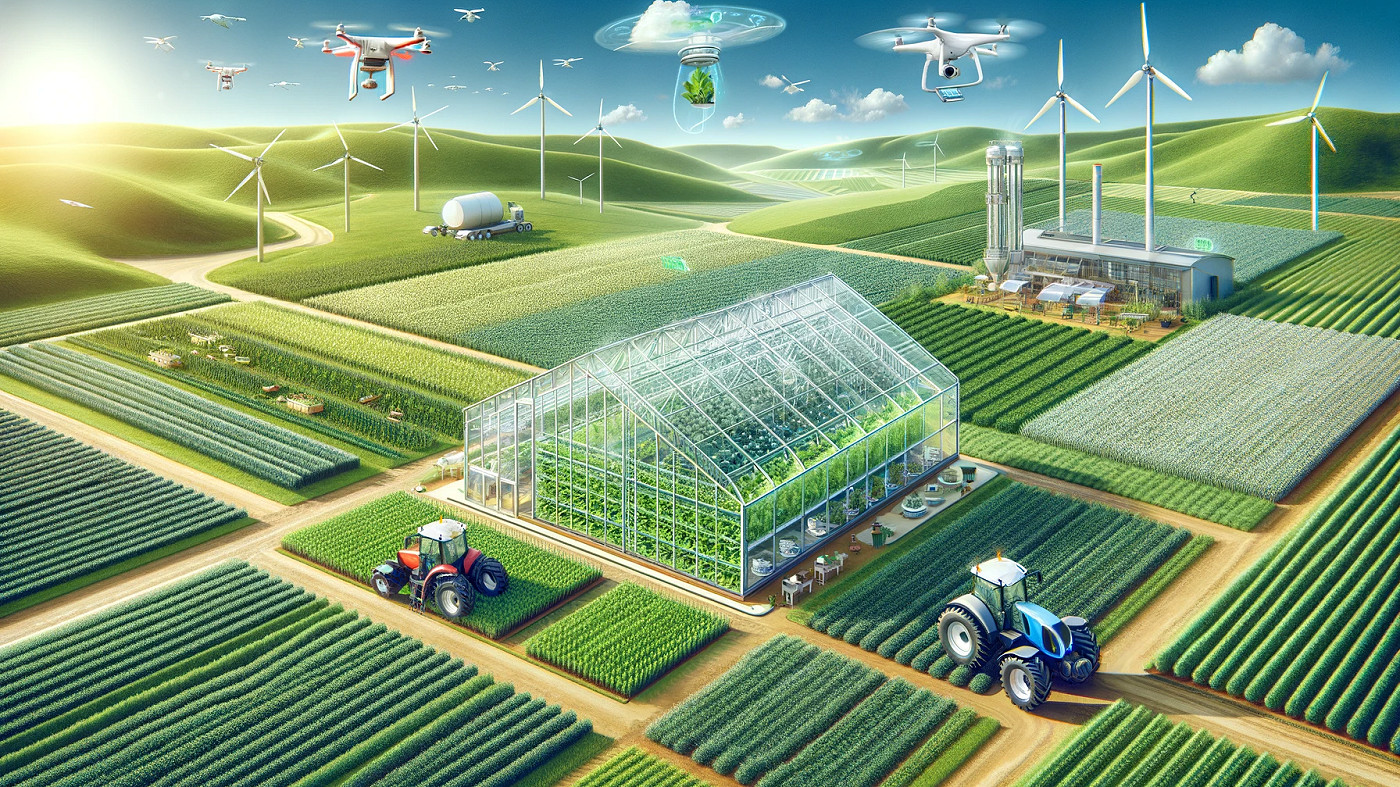
Agtech - Q1 2024 Focus - M&A - Mergers & Acquisitions
The Agtech sector combines agriculture and technology and is experiencing a dynamic evolution. Understanding this sector's latest trends and investment opportunities is crucial for financial analysts. The first quarter of 2024 highlighted several significant developments, trends, and challenges in the Agtech landscape, as detailed in the recent Q1 2024 Agtech Report by PitchBook.
Agtech encompasses various technologies to improve agricultural productivity, efficiency, and sustainability. This includes innovations in agricultural biotechnology, agricultural finance, indoor farming, animal husbandry, and precision agriculture. Despite declining M&A activity and market multiples, the sector continues attracting significant investments, maintaining its long-term potential.
The Q1 2024 Agtech Report reveals that overall venture capital fundraising in the Agtech sector reached $1.2 billion across 161 deals, marking a 25.8% decline in total deal value and a 20.3% decrease in deals compared to the previous quarter. This decline reflects global VC activity trends influenced by market volatility, high interest rates, and a challenging IPO environment.
Some significant deals in Q1 2024 include:
- Oishii, an indoor farm operator, raised $144 million in a Series B round;
- Inari, a seed gene-editing startup, secured $103 million in a Series F round;
- Captain Fresh, a seafood marketplace, closed a $72.8 million Series C round.
Despite the decline, specific subsectors within Agtech are experiencing growth. For example, investments in biomaterials, plant biotechnology, and agribusiness marketplaces are increasing. The report highlights a growing interest in regenerative agriculture, with several new funds dedicated to this approach.
Regenerative agriculture aims to restore and enhance the health of agricultural ecosystems. This sustainable farming practice is gaining traction among investors because it has the potential to mitigate agriculture's environmental impact and improve farms' long-term productivity.
The Agtech sector faces several challenges, including:
- Digital Divide: Limited internet access and low technological literacy in rural areas hinder the adoption of advanced agricultural technologies;
- Regulatory Hurdles: Diverse regional regulations complicate market entry and operations;
- Infrastructure Gaps: Inadequate infrastructure in developing regions affects the efficient movement of agricultural products.
To address these challenges, agtech companies are leveraging innovative technologies such as blockchain to improve supply chain transparency, form strategic partnerships, and promote sustainable agricultural practices.
Tridge exemplifies a successful company in the Agtech sector. It operates a global trading platform that connects buyers and sellers of agricultural products, ensuring transparent and efficient transactions. Tridge's ability to provide market information and optimize supply chains makes it a key player.
Despite a challenging investment landscape, the agtech sector presents significant opportunities for growth and innovation. Investors and stakeholders must stay informed about evolving trends and strategic developments to capitalize on this transformative sector's potential.
For further insights, refer to the Q1 2024 Agtech Report by PitchBook.

 News
News